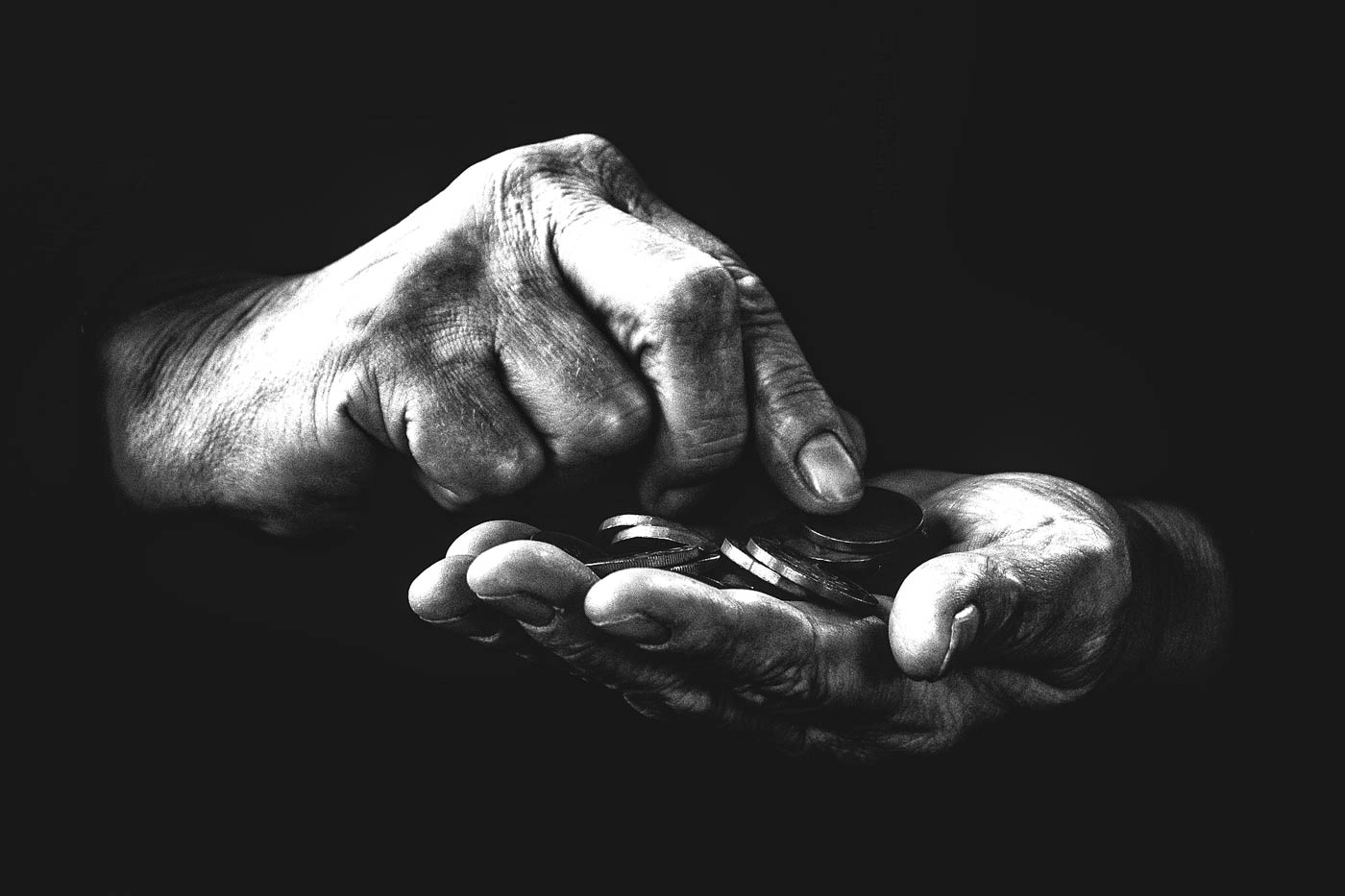Madeira's Poverty Rate Far Exceeds the National Average in Portugal
According to the report “Portugal Balanço Social”, released today, Portugal's poverty risk rose to 17% in 2023, impacting a further 60 thousand individuals, notably affecting women. This increase pushed the number of those at risk of poverty over 1.77 million. The prevalence of poverty surged across all age groups, especially among children, with a 2.2 percentage point increase from 2022. Regions like Madeira and the Azores experience significantly higher poverty rates than the national average.
The report's data show that the "prevalence of poverty is greater in autonomous regions", where there is also more material and social deprivation and inequality in the distribution of income.
Poverty Rate In Madeira At 25.9%, Women At Higher Poverty Risk
In 2022, the poverty threshold in Portugal stood at €551 per month, hitting hardest the unemployed (41.3%), single-parent families (29.9%), and those with lower education levels (21.9%). Gender disparity persists, with women facing a higher poverty risk (16.8% vs. 15.9%), while temporary contract workers face nearly triple the poverty risk of permanent contract workers (20.6% vs. 7.4%).
Azores and Madeira were the only regions where the poverty rate increased in the last year, from 21.9% to 25.1% and from 24.3% to 25.9%, respectively.
Housing Costs A Heavy Burden
Foreigners also face higher poverty risks (28.5% compared to 16.1% for locals). Housing inadequacies are prevalent among the poor, with 20.5% living in overcrowded conditions in 2022, and excessive housing costs burdening a significant portion of those at risk of poverty.
President Albuquerque Explains Poverty Rate In Madeira
Meanwhile, the president of the autonomous region, Miguel Albuquerque, has been quoted on the alarming numbers provided by the report released today. He claims that the higher poverty rate is normal, simply because Madeira is an island.
It’s normal (the increased level of poverty) because we are islands. The islands always have a higher risk”, said the head of the Madeiran executive, and then reinforced: “In continental territories, in terms of risk of poverty, both the Italian islands and the Spanish islands, always have an average higher than 10%.
Observador, quoting the president of Madeira, Miguel Albuquerque
Being Poor Affects Life Quality
Regarding health and well-being, nearly 60% of individuals at risk of poverty engage in insufficient physical activity and have poor dietary habits. Smoking and alcohol consumption are more prevalent among the poor. Additionally, they report lower life satisfaction, with 16% rarely feeling happy. Daily challenges include vision problems (29%), mobility issues (15%), and concentration difficulties (24%).
Source: Portugal, Balanço Social 2023








Comments